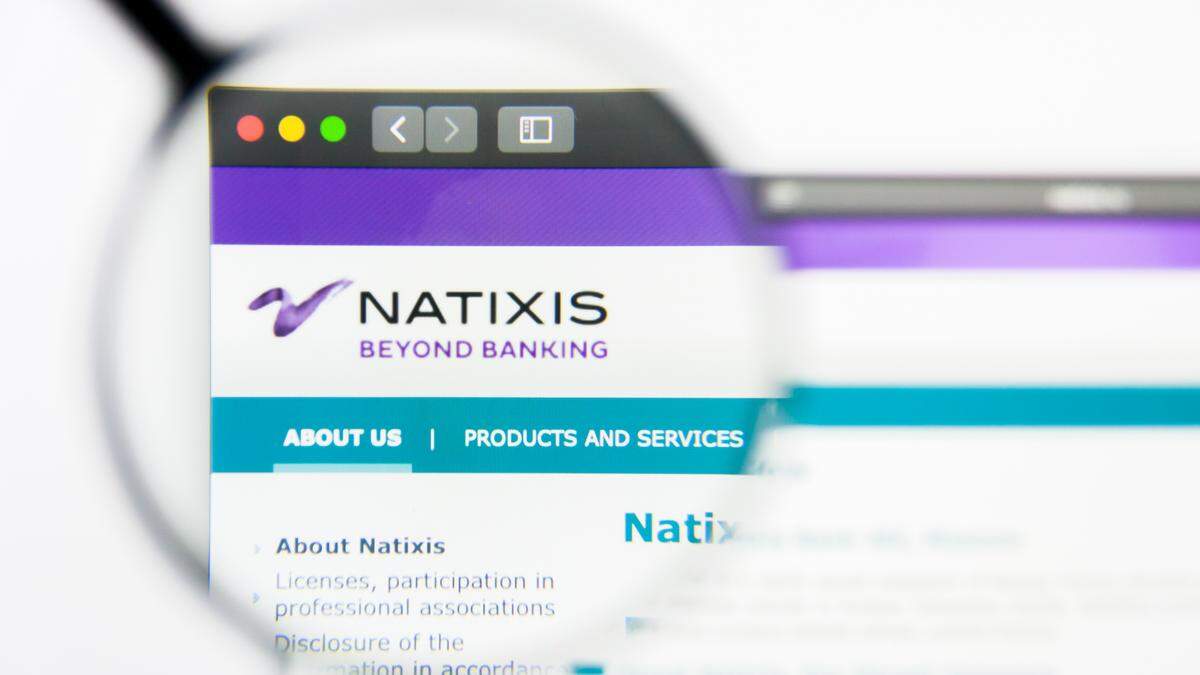The chief of Natixis-owner BPCE wants to turn the French bank into a “new European player . . . in the financing of the European economy” — but a key element of his plan is at the mercy of Rome.
Nicolas Namias has been on a pan-European acquisition spree, agreeing a €6.4bn takeover of Portuguese retail bank Novo Banco, buying Société Générale’s German-based equipment leasing business and striking a deal to merge Natixis Investment Managers with Generali’s asset management business, all in the space of a year.
Namias said Europe needed financiers able to back the initiatives outlined in recent reports by Mario Draghi and Enrico Letta, which set out ways for the EU to bolster its internal market and improve its competitiveness.
“There’s a lot of talk about the Draghi report or the Letta report, which is good. But now we need players who can enact these initiatives and governments to support them,” he said.
But Namias has run into opposition from Prime Minister Giorgia Meloni’s government in Italy. While US private equity group Lone Star’s sale of Novo Banco to BPCE for €6.4bn was welcomed by the Portuguese government, Namias has faced more difficulty obtaining support for the Generali deal.
People familiar with the tie-up said concerns from the Italian government and machinations in the country’s banking sector — where Generali is caught in a wider dealmaking battle that has pitted the Italian government’s allies against the financial establishment — meant it was at risk of failing.
BPCE had hoped to complete the transaction, which would create Europe’s largest asset manager by revenues, by the end of the summer but Namias signalled that this could slip due to factors outside its control. Completing the merger was “dependent on the current environment in Italy” and the timetable was not “in the hands” of BPCE, he said.
Generali is the largest buyer of Italian government bonds, and domestic opponents have claimed a deal could threaten the country’s public debt — a point rejected by BPCE and Generali.
“I understand that a government pays close attention to its financial sovereignty, but I’m convinced that our project reinforces the financial sovereignty of Italy, France and Europe,” added Namias, who declined to comment further on discussions with the Italian government.
BPCE, which was formed in 2009 from the combination of Banque Populaire and Caisse d’Epargne, is the second-largest lender in France and derives around 80% of its revenue there.
The deal spree offers few synergies but will help the bank reduce its reliance on the French economy, which left it exposed when domestic regulation curbed its ability to pass on higher interest rates to borrowers when the European Central Bank started raising rates.
While Novo Banco’s contribution to BPCE’s earnings will be small, it would increase its portfolio of variable-rate loans, diversifying its balance sheet.
Namias dismissed concerns about weak growth in France and Europe hurting BPCE. Speaking shortly after the deal between the US and European Union that will impose 15 per cent tariffs on most European exports to the US, he added: “Regional sovereignty is taking on even more importance than it has had before”.
He also declined to comment on what BPCE would do if it failed to complete the Generali joint venture. “Talking about plan B means giving up on plan A.”

